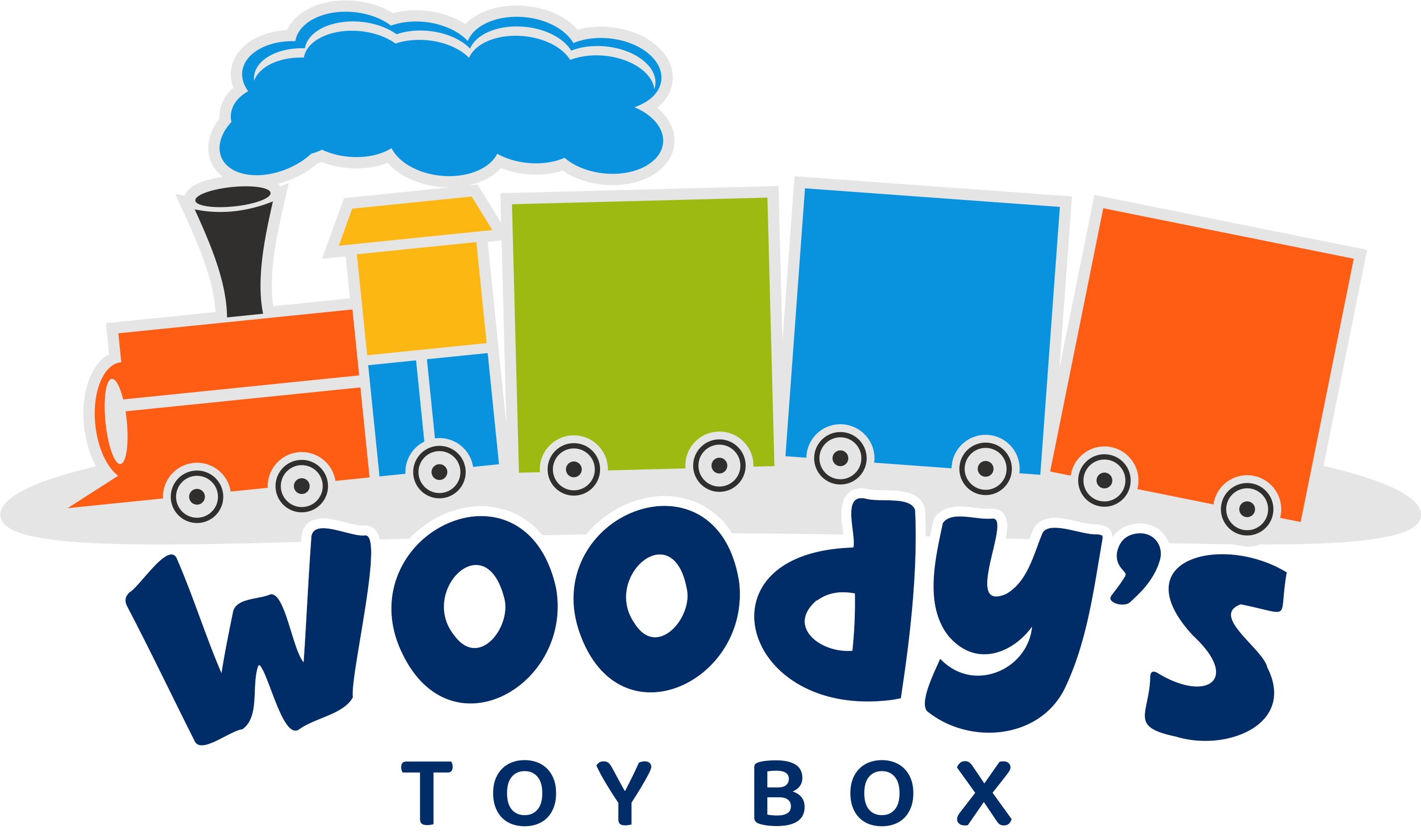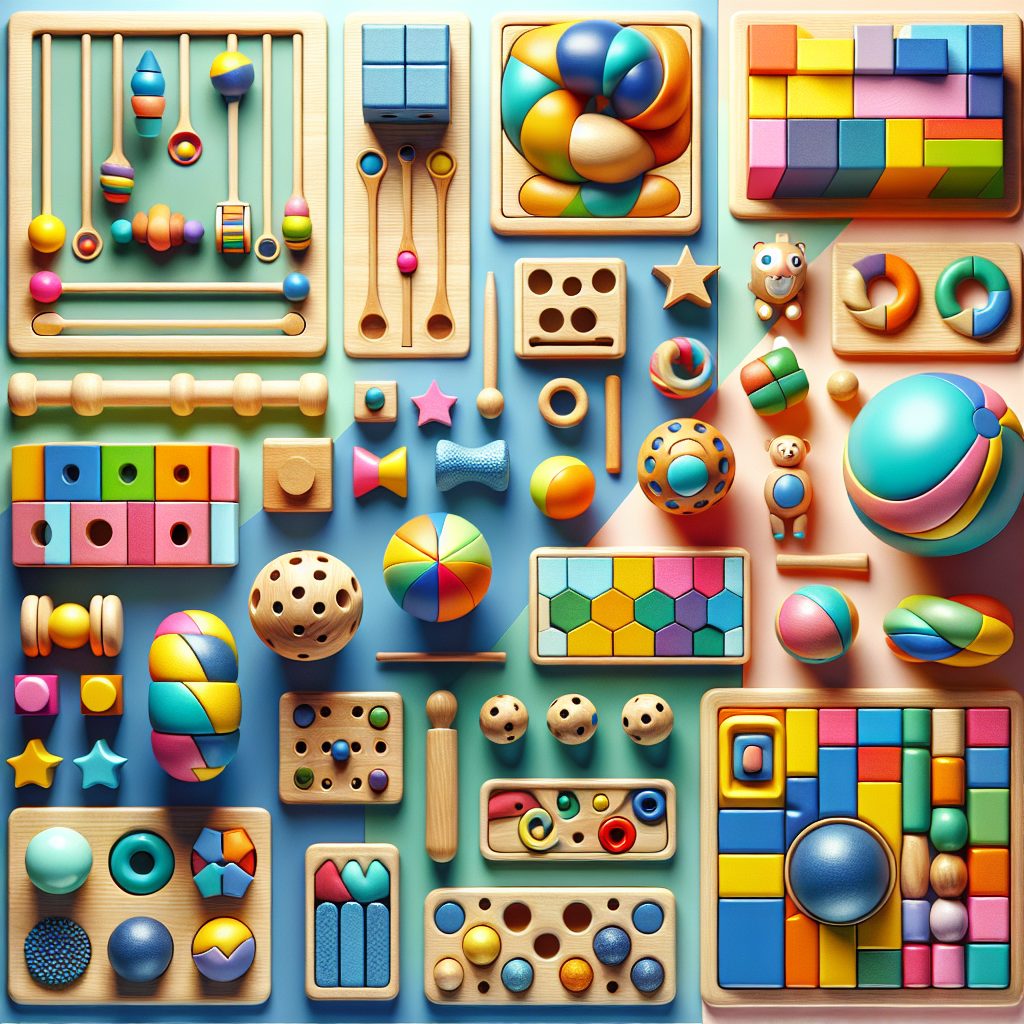Montessori education is a popular approach that seeks to foster a child’s independence, creativity, and love for learning. This method can be particularly beneficial for children with special needs, as it focuses on individualized and hands-on learning experiences. One key aspect of Montessori education is the use of specially designed toys that promote sensory exploration, fine motor development, and cognitive skills. These Montessori toys can provide a valuable tool for children with special needs to develop and enhance their abilities in a supportive and inclusive environment.
One unique feature of Montessori toys for special needs children is their emphasis on sensory stimulation. Many children with special needs, such as those with autism spectrum disorder or sensory processing disorder, may have difficulty processing sensory information. Montessori toys are carefully designed to engage a child’s senses, offering various textures, shapes, and colors to stimulate touch, sight, and even sound. By providing a range of sensory experiences, these toys can help children build confidence, better understand their environment, and develop important sensory processing skills.
Moving forward, let’s explore the key takeaways regarding Montessori toys for children with special needs. We will discuss the specific benefits these toys offer, including improved focus and concentration, enhanced fine motor skills, and increased social interaction. Additionally, we will delve into how Montessori toys can be adapted to meet the unique needs of different children and offer practical tips on selecting the most suitable toys for individual circumstances. By understanding the significance of Montessori toys for children with special needs, parents, educators, and caregivers can create an inclusive and enriching environment that supports these children in their development and learning journey.
Key Takeaways
1. Montessori toys are beneficial for children with special needs as they promote independence, sensory exploration, and cognitive development. These toys are specifically designed to engage children’s senses and encourage them to explore and learn at their own pace.
2. The open-ended nature of Montessori toys allows children with special needs to use their creativity and imagination. By not having predetermined outcomes, these toys allow for open play, fostering problem-solving skills and critical thinking abilities.
3. Montessori toys prioritize hands-on learning and tactile experiences, which can be particularly beneficial for children with sensory processing issues. These toys provide opportunities for children to touch, manipulate, and explore different materials, enhancing their sensory development and overall engagement.
4. Montessori toys are designed with an emphasis on promoting fine motor skills and coordination. Through activities such as stacking, sorting, and manipulating objects, children with special needs can improve their hand-eye coordination, dexterity, and finger strength.
5. Montessori toys encourage self-paced learning and foster a sense of accomplishment. By allowing children to choose activities based on their interests and abilities, these toys promote self-directed learning, boosting self-esteem and confidence in children with special needs.
What are the Best Montessori Toys for Children with Special Needs?
1. Understanding Montessori Education
Montessori education is a child-centered approach that focuses on fostering independence, self-discipline, and a love for learning. It is particularly beneficial for children with special needs as it emphasizes hands-on, sensory-based learning experiences. When it comes to choosing Montessori toys for children with special needs, there are several factors to consider.
2. Sensory Toys
Sensory toys play a crucial role in Montessori education for children with special needs. These toys engage multiple senses and help develop important skills such as fine motor skills, coordination, and sensory processing. Examples of sensory toys include textured balls, tactile puzzles, and sensory bins filled with different materials like rice or sand.
3. Practical Life Skills Toys
Montessori education places great importance on teaching children practical life skills. For children with special needs, engaging with toys that focus on these skills can be highly beneficial. Toys like kitchen sets, cleaning sets, and dressing boards allow children to practice self-care, develop fine motor skills, and gain a sense of independence.
4. Language and Communication Toys
Language and communication skills are crucial for children with special needs. Montessori toys that promote language development include books with large, colorful pictures and sensory elements, alphabet puzzles, and flashcards. These toys encourage vocabulary building, letter recognition, and early reading skills.
5. Fine Motor Skills Toys
Many children with special needs struggle with fine motor skills. Montessori toys that focus on developing these skills include building blocks, threading toys, and puzzles. These toys enhance hand-eye coordination, finger dexterity, and concentration.
6. Social and Emotional Development Toys
Montessori education emphasizes the importance of social and emotional development. Toys that facilitate social interaction, empathy, and emotional expression can greatly benefit children with special needs. Examples include dollhouses, role-play sets, and emotion cards.
7. Tips for Choosing Montessori Toys for Children with Special Needs
1. Consider the child’s interests and abilities when selecting toys.
2. Look for toys that can be used in various ways to encourage creativity and problem-solving.
3. Prioritize toys made from natural materials like wood, as they are more sensory-friendly.
4. Avoid toys with excessive lights, sounds, or complex features that may overwhelm the child.
5. Provide a variety of toys that cater to different developmental areas to ensure holistic growth.
6. Regularly assess and rotate toys to maintain the child’s engagement and prevent boredom.
7. Seek guidance from a Montessori-trained teacher or therapist for personalized toy recommendations.
And that concludes our comprehensive guide on Montessori Toys for Children with Special Needs. By understanding the principles of Montessori education and selecting appropriate toys, parents and caregivers can create an enriching environment that promotes learning, independence, and overall development for children with special needs.
Frequently Asked Questions
1. What are Montessori toys?
Montessori toys are educational toys that follow the Montessori educational approach. These toys are designed to promote hands-on learning, encourage independent thinking, and enhance various skills in children.
2. How are Montessori toys beneficial for children with special needs?
Montessori toys are particularly beneficial for children with special needs as they focus on individualized learning experiences. These toys allow children to engage in activities that match their developmental level, promoting cognitive, sensory, fine motor, and social-emotional growth.
3. Can Montessori toys help improve sensory processing in children with special needs?
Yes, Montessori toys can aid in improving sensory processing in children with special needs. These toys often incorporate different textures, colors, and shapes, giving children the opportunity to explore their senses and enhance their sensory integration skills.
4. Are Montessori toys suitable for children with communication challenges?
Absolutely! Montessori toys are designed to be inclusive and cater to varying communication abilities. These toys promote communication skills by encouraging interaction, facilitating language development, and enhancing nonverbal communication through hands-on experiences.
5. Do Montessori toys support the development of fine motor skills?
Yes, Montessori toys are great for developing fine motor skills in children with special needs. These toys often involve activities that require precision, hand-eye coordination, and finger dexterity, promoting the development of fine motor skills essential for tasks like writing and self-care.
6. Are Montessori toys suitable for children with autism spectrum disorder?
Montessori toys can be highly beneficial for children with autism spectrum disorder. These toys provide structure and routine, which can help children with autism feel more in control. They also encourage problem-solving, social interaction, and self-regulation skills in a supportive and engaging environment.
7. Can Montessori toys promote independent play in children with special needs?
Yes, Montessori toys are designed to encourage independent play in children with special needs. They focus on providing open-ended activities that allow children to explore at their own pace, fostering independence, creativity, and self-confidence.
8. How can Montessori toys contribute to cognitive development in children with special needs?
Montessori toys promote cognitive development in children with special needs by offering stimulating and age-appropriate activities that challenge their thinking skills. These toys encourage problem-solving, logical thinking, concentration, memory, and decision-making abilities.
9. Are Montessori toys suitable for children with physical disabilities?
Absolutely! Montessori toys are designed to be adaptable and inclusive, making them suitable for children with physical disabilities. These toys can be modified to accommodate different abilities and enable children with physical disabilities to engage in meaningful play experiences.
10. Where can I find Montessori toys for children with special needs?
You can find Montessori toys for children with special needs at specialty toy stores, online retailers, and even through Montessori educational programs. It’s important to choose toys that align with your child’s needs and developmental stage.
Final Thoughts on Montessori Toys for Children with Special Needs
Montessori toys are a wonderful tool for children with special needs to explore the world, learn new skills, and grow both academically and emotionally. By embracing the principles of the Montessori approach, these toys provide a supportive environment where children can develop at their own pace, fostering a love for learning and promoting independence.
Remember, when choosing Montessori toys for children with special needs, consider their individual strengths, challenges, and interests. The right toys will empower them to reach their full potential and contribute to their overall development. Embrace the power of play and watch your child thrive!

